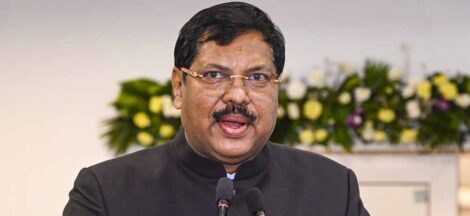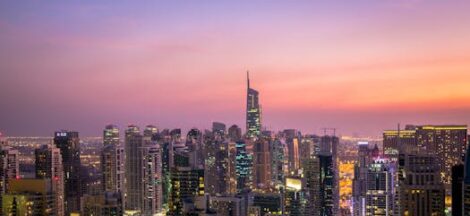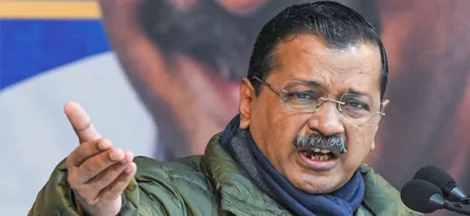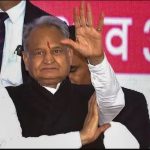A day after several top world leaders touched down in Delhi for the big G20 Summit being hosted by India over the weekend, they will gather at the event venue — the Bharat Mandapam, the newly inaugurated India Trade Promotion Organisation complex at Delhi’s Pragati Maidan — to kick off discussions on hot-button issues.
The first session, ‘One Earth’, expected to starting at around 10:30 am, focuses on accelerating climate action through increased mitigation and strengthening the agenda of global net-zero emission as soon as possible — a contentious point among the leaders. In July, G20 energy ministers failed to even mention coal in their final statement, let alone agree a phase down roadmap, and there was no progress on the renewables’ goal.
The language of the climate commitment is a bone of contention, with the grouping divided on commitments to phasing down fossil fuel use, increasing renewable energy targets, and reducing greenhouse gas emissions.
The first session will be followed by lunch, after which the second session — ‘One Family’ — would be conducted at 3 pm.
PM Modi will also host a “working lunch” for the leaders on Saturday at the Bharat Mandapam.
45 minutes — 4:45 pm to 5:30 pm — have been allotted for ‘pull-aside’ meetings between PM Modi and heads of states, after which they will proceed to the special dinner gala being hosted by President Droupadi Murmu.
Notably, the theme of this year’s G20 Summit, which is taking place under India’s presidency, is “Vasudhaiva Kutumbakam” or “One Earth – One Family – One Future”, is drawn from the ancient Sanskrit text of the Maha Upanishad. Essentially, the theme affirms the value of all life — human, animal, plant, and microorganisms — and their interconnectedness on the planet Earth and in the wider universe.
Heads of states were on Friday welcomed by traditional dance performances.
Prime Minister Narendra Modi and US President Joe Biden, at a private dinner later in the day, discussed ways to “deepen and diversify” the partnership between the two countries in a 50-minute discussion.
With inputs from NDTV




 HC notice to Gehlot over judicial corruption remark
HC notice to Gehlot over judicial corruption remark 